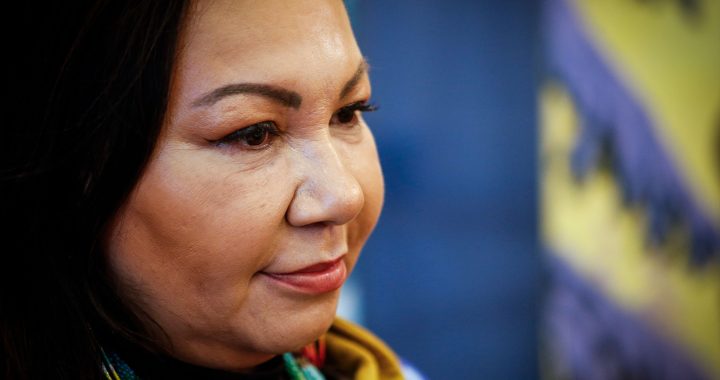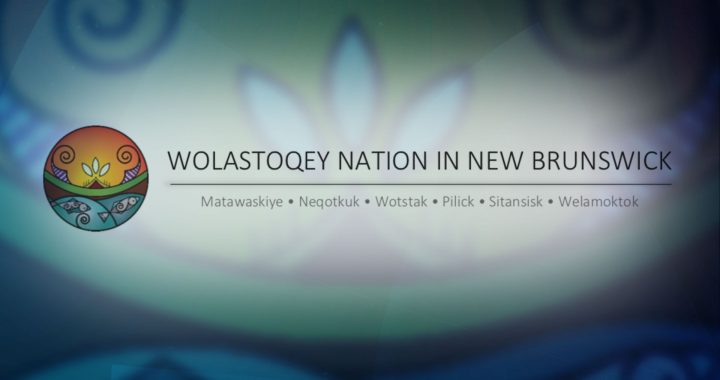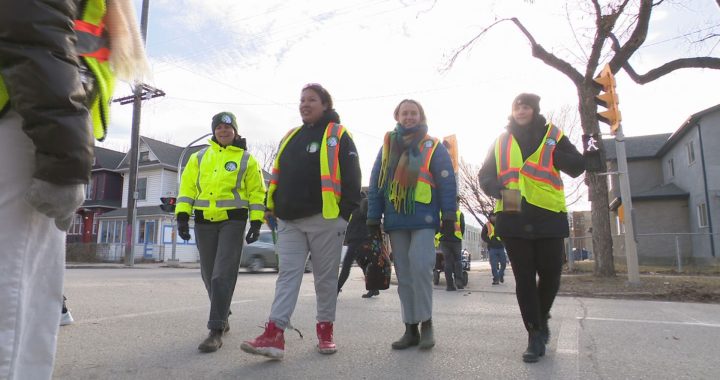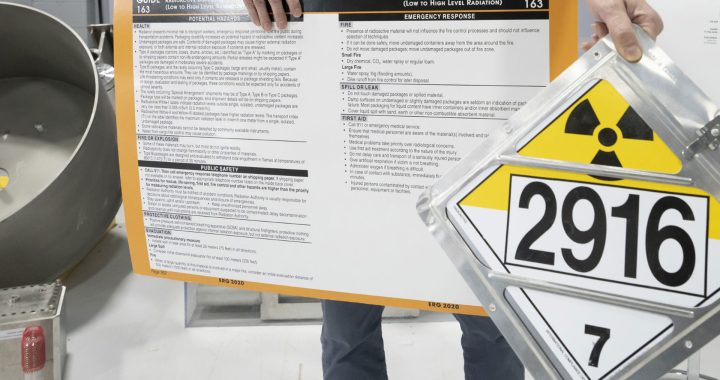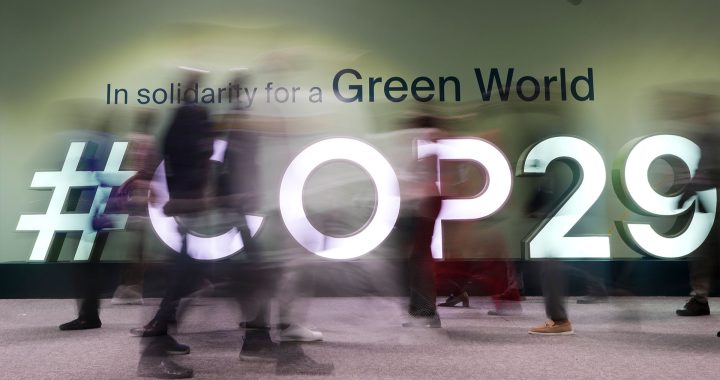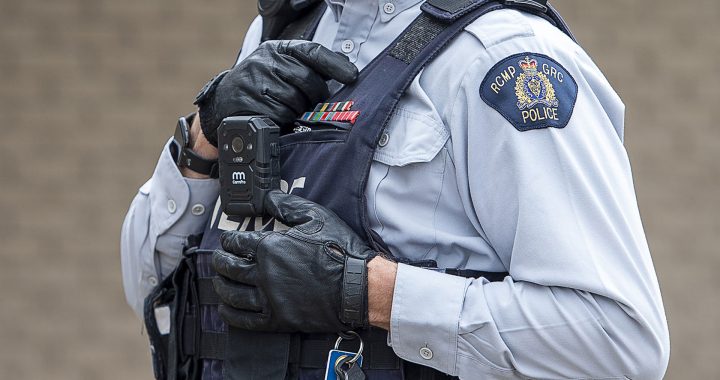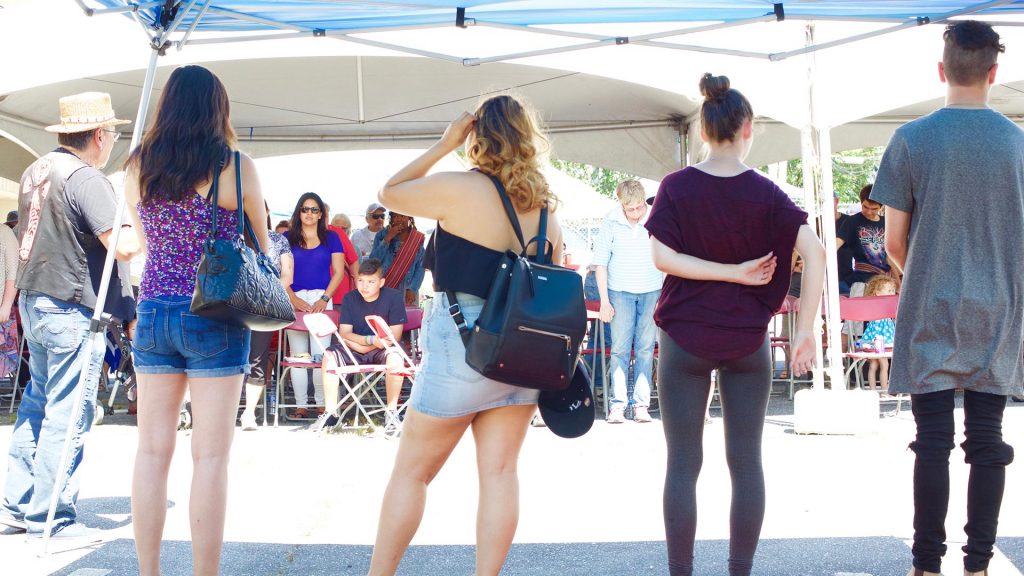
A national study says one in three young people experience dating violence. Photo: APTN file
Lack of information on how to manage intimate relationships is harming Indigenous youth, says the head of a group offering training on the subject.
Diana Day, founder of the Indigenous Women Rise Society, said more than 800 Indigenous women recently signed up to learn how to teach the Dating Safe program in Indigenous communities.
“In the end, we had 300 people online,” Day said in a telephone interview from Vancouver, where her group is based.
And, she noted, she had to turn away many non-Indigenous participants.
The program is aimed at all genders in Grades 8 to 10. It was designed by the YWCA of Vancouver to address rising rates of intimate partner violence in Canada.
Day obtained a grant to train Indigenous facilitators.
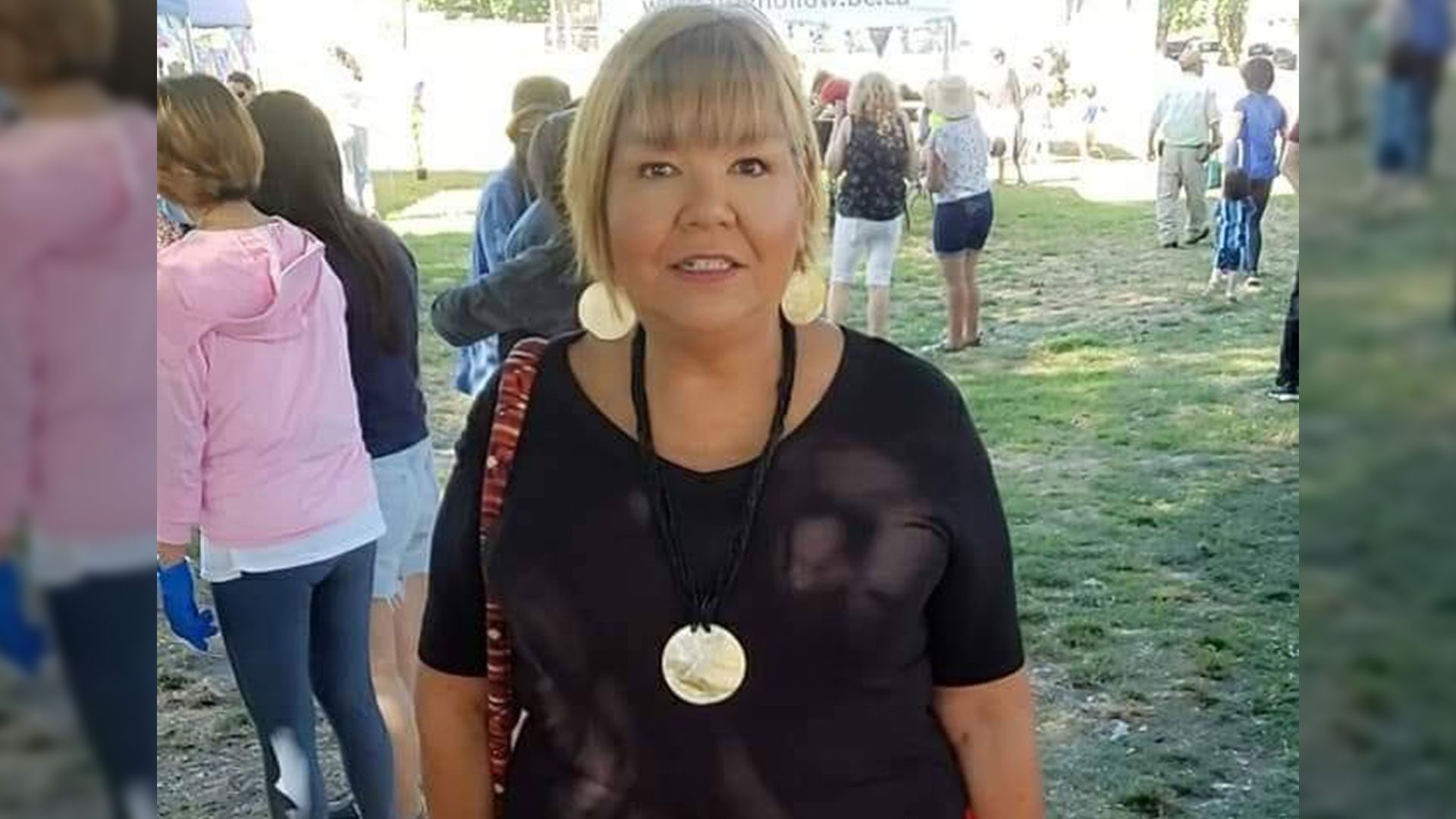
She says it’s important to show young people how to develop healthy romantic relationships free from violence and abuse.
“They’re too trusting a lot of times, just too trusting. And danger can happen – and some women are a lot more susceptible to that, more trusting than others.”
The Dating Safe curriculum addresses topics such as personal safety and consent, emotional literacy, healthy boundaries and bystander intervention.
The YWCA says a recent national study found dating violence “was prevalent” among youth and a “concerning health issue in Canada.”
“One in three individuals experienced such violence,” the YWCA says on its website. “These statistics are particularly distressing when we consider the experiences of queer, trans, or Two-Spirit youth, who might encounter transphobia in the form of negative or demeaning comments from their peers on a daily or weekly basis.”
Curriculum
The eight-module curriculum addresses topics such as personal safety and consent, emotional literacy, healthy boundaries and bystander intervention.
Day cited the case of Carl Sinclair, who wound up in a Vancouver homeless camp in September 2020 after arguing with his girlfriend and leaving their apartment.
Not even a week later, the 25-year-old was attacked by other campers and burned with a torch, eventually losing his left leg. In May 2021, he died of a drug overdose.
“I’ve been thinking of all the people who needed this kind of training and didn’t get it,” said Day, who broke down in tears while recounting Sinclair’s tragic ordeal.
The training touches issues related to missing and murdered Indigenous women and girls (MMIWG), she added.
“The program teaches how to keep yourself safe from violence, safe from shame, safe from racism. A lot of times our people aren’t aware of those safety issues.”
Chelsea Poorman
Day, a member of the Oneida Nation in Ontario, says Chelsea Poorman had only been in Vancouver for three months before she vanished in 2020 after leaving a party to reportedly meet up with a man.
Poorman’s body was found 18 months later outside an empty mansion. Vancouver police said the 24-year-old likely died on or near the property the night she disappeared.
Day says she has worked with the MMIWG community for years and sees the need to focus on prevention.
“We really need to educate our people, our youth, and our older people, too, and all genders, as well, to make sure they’re safe.”
The curriculum, which is delivered in a circle, addresses gender, sexuality, race and colonialism, according to a summary on the YWCA website.
Over the last five years, the summary said students and teachers have praised the supportive tools and tips. An evaluation in 2022 found students liked the program and afterwards had a better idea of who to go to seek support in preventing and responding to dating violence.
The program is now part of the B.C. education curriculum beginning in Grade 8, the summary noted.




